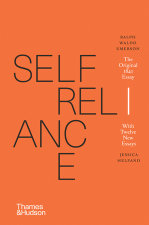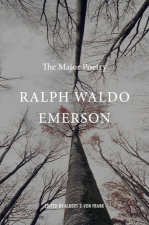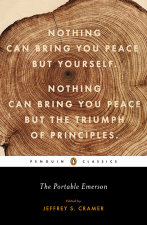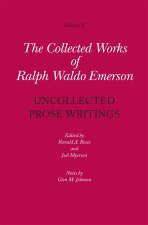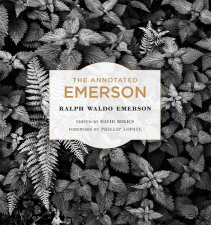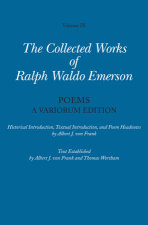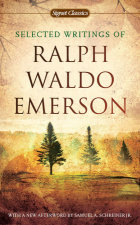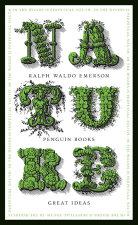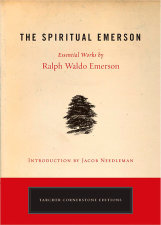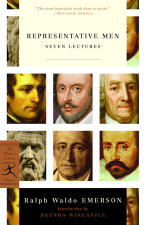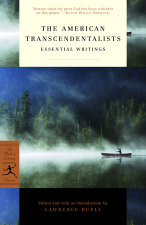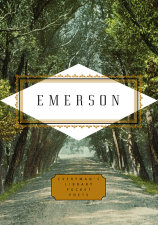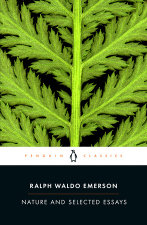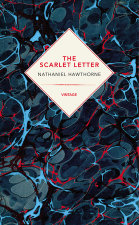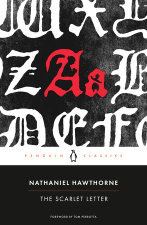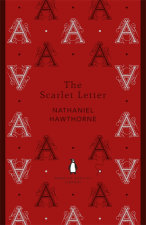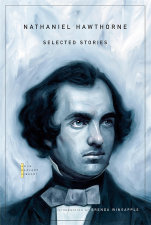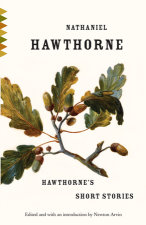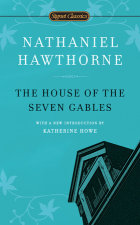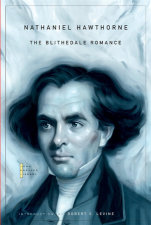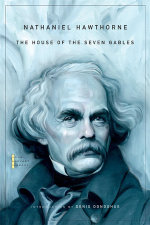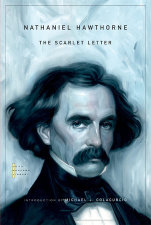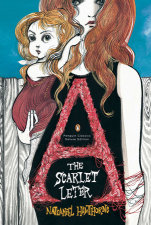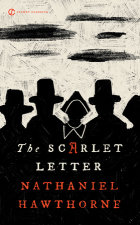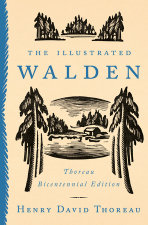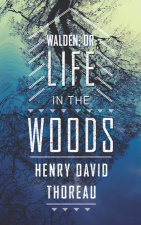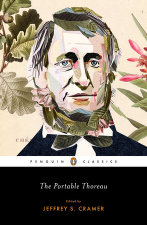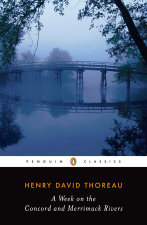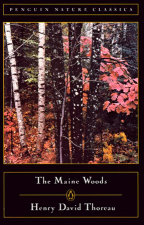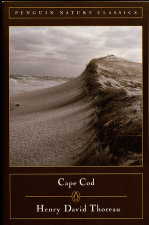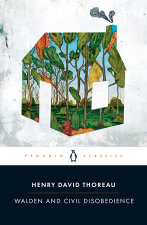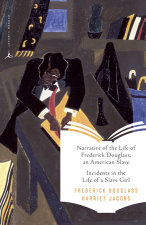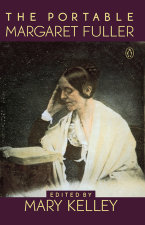The American Transcendentalists
Essential Writings
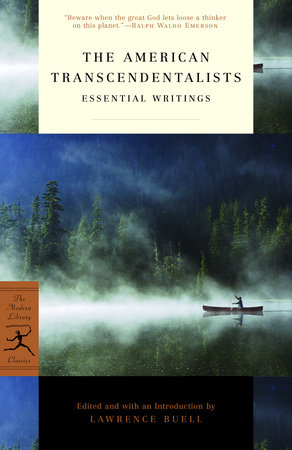
Transcendentalism was the first major intellectual movement in U.S. history, championing the inherent divinity of each individual, as well as the value of collective social action. In the mid-nineteenth century, the movement took off, changing how Americans thought about religion, literature, the natural world, class distinctions, the role of women, and the existence of slavery.
Edited by the eminent scholar Lawrence Buell, this comprehensive anthology contains the essential writings of Ralph Waldo Emerson, Henry David Thoreau, Margaret Fuller, and their fellow visionaries. There are also reflections on the movement by Charles Dickens, Henry James, Walt Whitman, Louisa May Alcott, and Nathaniel Hawthorne. This remarkable volume introduces the radical innovations of a brilliant group of thinkers whose impact on religious thought, social…
Ralph Waldo Emerson (1803–1882) was a renowned lecturer and writer whose ideas on philosophy, religion, and literature influenced many writers, including Henry David Thoreau and Walt Whitman. After an undergraduate career at Harvard, he studied at Harvard Divinity School and became an ordained minister, continuing a long line of ministers in his family. He traveled widely and lectured, and became well known for his publications Essays and Nature.
Nathaniel Hawthorne (1805–64) was an American novelist and short story writer. He was born in Salem, Massachusetts, and graduated from Bowdoin College. His first novel, Fanshawe, was published anonymously in 1828, followed by several collections of short stories, including Twice-Told Tales and Mosses from an Old Manse. His later novels include The Scarlet Letter, The House of the Seven Gables, The Blithedale Romance, and The Marble Faun.
Henry David Thoreau was born on July 12, 1817, in Concord, Massachusetts. His father worked successively as a farmer, a grocer, and a manufacturer of pencils, and the family was frequently in difficult financial straits. After studying locally, Thoreau won admission to Harvard. When Ralph Waldo Emerson moved to Concord in 1835, Thoreau formed a close relationship with him (although the friendship would later give way to mutual criticism) and with others associated with the Transcendentalist group, including Margaret Fuller, Orestes Brownson, Bronson Alcott, Jones Very, and Theodore Parker. He worked in his father's pencil business while keeping the journals that would become his life's work, running to millions of words.
Thoreau took over the Concord Academy for several years,…
Margaret Fuller (1810–1850), a brilliant intellectual and courageous radical thinker, is most often associated with the Transcendentalist movement of the nineteenth century. Fuller, a mentor to the women who would lead the abolitionist and suffragist movements, penned America's first feminist treatise, Woman in the Nineteenth Century.
